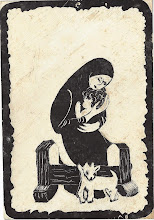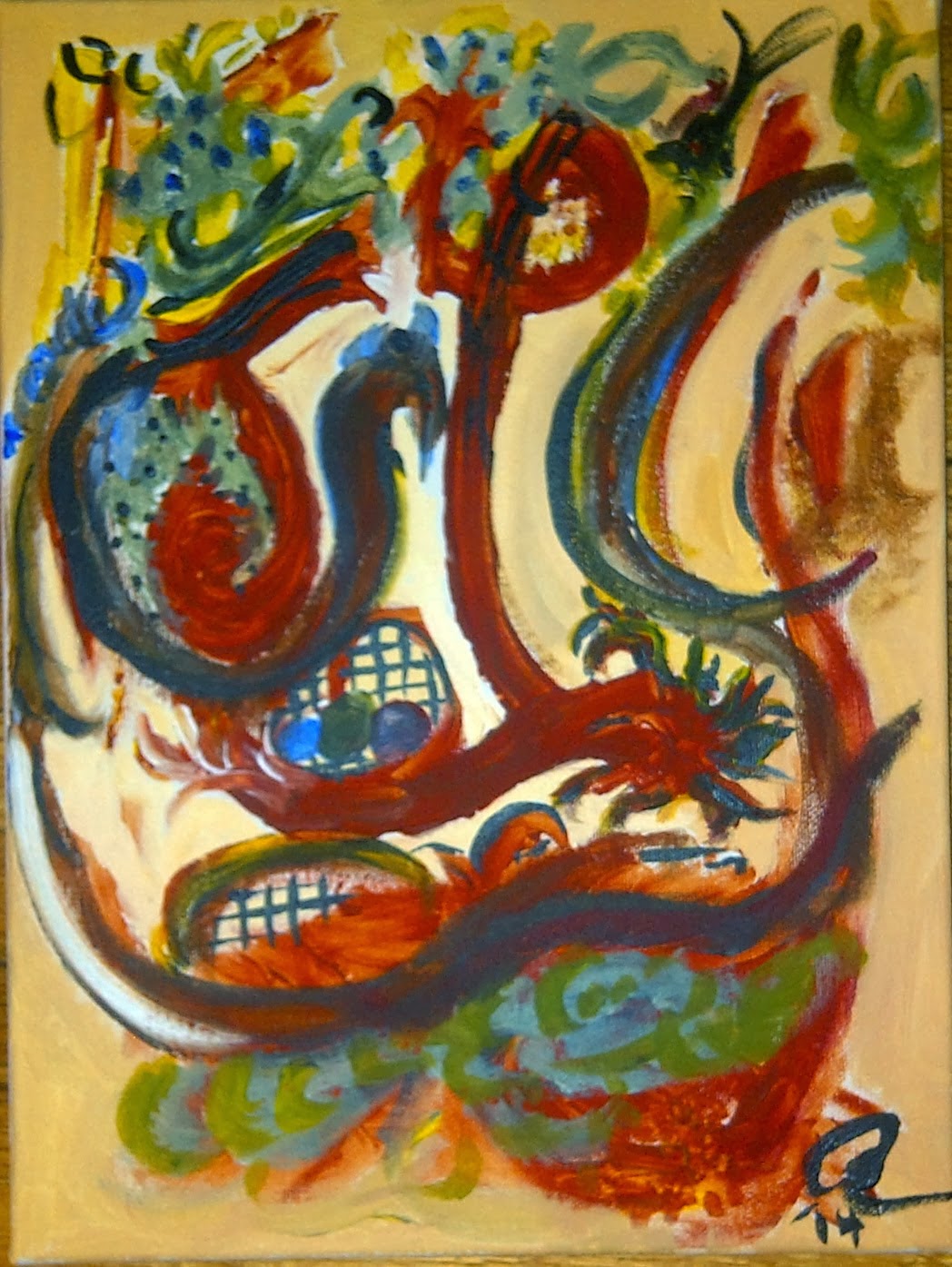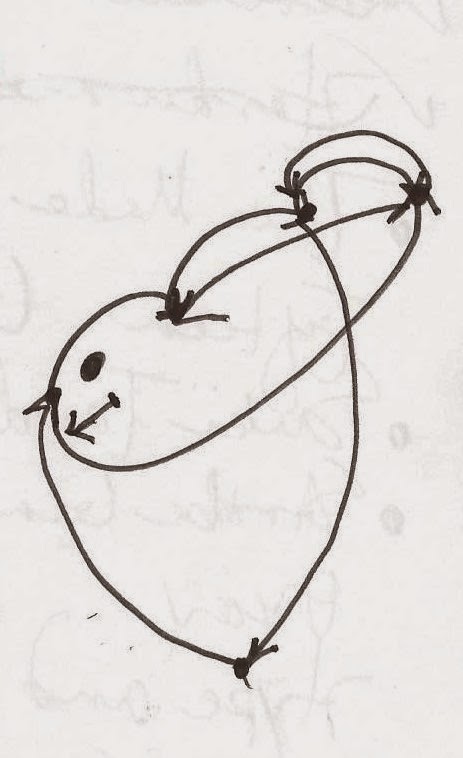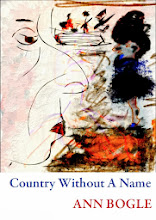[Excerpt: title link above leads to full article.]
by Karen Hering
“Words can be a weapon against injustice.” —Richard Wright
Despite Richard Wright’s bold assurance of the ballistic potential of language, I would have to say, and sadly so, that when we in the United States swagger out onto the frontiers of injustice, it is not often poetry that we put in our holsters. No. Whether we pack a Smith & Wesson or go out into the world wholly unarmed, we are more likely to treat our poetry like a collection of keepsakes in a curio cabinet than to use it as a weapon or tool in the cause of justice. Every so often we take a few poems out for dusting and buffing; we might even hold them up for admiration at inaugurations and other occasions of pomp and circumstance. But to actually employ poetry in a cause, to aim it, load it, and fire it like a weapon, with injustice squarely in its sight, this has not often been our way. Political engagement, the argument goes, will at best tarnish the poetic impulse, and at worst it will leave a smoky trail in our verse where instead we seek more effulgent, if potentially irrelevant, scents and aspirations. (We do have exceptions, of course, even in the United States, including the poetic response to our current war, and I am grateful for these.)
In other parts of the globe, however, poetry has a more practical—and sometimes more political—presence. Nicaragua, Central America’s self-proclaimed “nation of poets,” is one example. Forget about innocence; here is a place where it is said, “Everyone’s a poet until proven otherwise.” Here is a place where poetry is right up there with the fork and the spoon as a utensil of daily living. It only makes sense that poetry would also be used as a tool by those working for justice. “Poetry,” Ernesto Cardenal once said, “can serve a function—to construct a country and create a new humanity, [to] change society.”
Thursday, March 22, 2007
Subscribe to:
Post Comments (Atom)













No comments:
Post a Comment